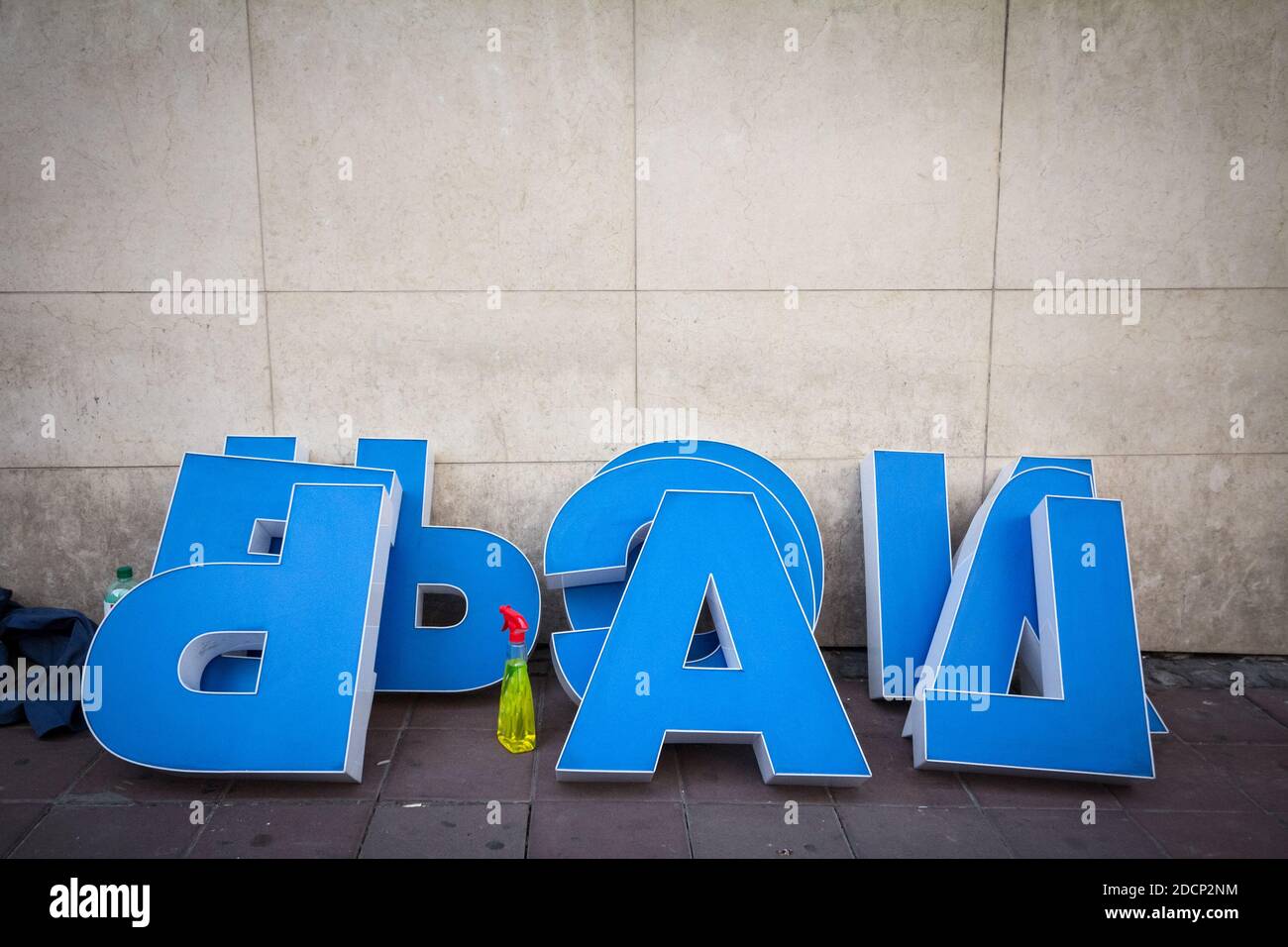Ph.D. in Serbian: Introduction, Admission, Registration, Eligibility, Duration, Fees, Syllabus 2024

Introduction:
The Ph.D. program in Serbian Language and Literature is an intensive, scholarly course of study that delves into the Serbian language's linguistic structures, its rich literary traditions, and the broader cultural context within which they exist. This program not only furthers understanding of the Slavic languages family but also contributes to a greater appreciation of the cultural nuances and historical shifts that have shaped Serbian literature and linguistic identity. Students engage with a variety of disciplines, including philology, linguistics, literary criticism, and cultural studies, preparing them to contribute original research to the field and to teach at the highest academic levels.
Admission Process:
- Submission of Application: Comprehensive form with personal statement.
- Academic Transcripts: From all higher education institutions attended.
- Letters of Recommendation: Typically 2-3, from academic professionals.
- Writing Sample: A piece of scholarly writing, ideally related to Serbian studies.
- Language Proficiency: Evidence of proficiency in Serbian and possibly other Slavic languages.
- Research Proposal: Outline of proposed doctoral research topic.
Eligibility:
- A master's degree in Serbian, Slavic Studies, or a related field.
- Demonstrated linguistic proficiency in Serbian.
- Prior research or coursework in literary studies or linguistics.
Completion Time:
A Ph.D. in Serbian Language and Literature usually takes 4-6 years to complete, incorporating coursework, comprehensive exams, and a dissertation. The initial phase includes an in-depth study of advanced linguistic and literary theories, while the latter years focus on dissertation research, requiring extensive analysis of Serbian texts. Throughout, students might also teach undergraduate courses, further extending their academic experience.
Career Opportunities:
- Academia: Teaching and research positions at universities.
- Cultural Institutions: Curatorship or management in museums and libraries.
- Publishing: Editorial roles, especially in academic publishing.
- Translation: Literary and technical translation.
- Government: Cultural attaché or diplomatic service roles.
Syllabus:
- Serbian Linguistic Analysis
- History of Serbian Literature
- Comparative Slavic Studies
- Cultural Studies in Southeastern Europe
- Dissertation Research Seminar
Internship Opportunities:
- Internships at cultural foundations.
- Teaching assistantships in Serbian language courses.
- Research positions in Slavic studies departments.
Scholarship and Grants:
- University scholarships for Slavic languages studies.
- Research grants from linguistic and cultural organizations.
- Fellowships specific to Southeast European studies.
FAQs:
Is knowledge of other Slavic languages required?
It can be beneficial but is typically not required.
Are there opportunities for field research?
Yes, many programs offer study abroad or field research options.
What kind of support is available for dissertation research?
Most institutions offer access to archives, libraries, and possibly funding for fieldwork.
Can I focus my research on a specific time period or author?
Yes, the program is designed to accommodate specialized research interests.
